Why polling is a fading indicator of the people’s vote, and prediction markets are the future of election speculation.
“All voting is a sort of gaming,… and betting naturally accompanies it” – Henry David Thoreau
Sticking with a Vegas theme set by the next debate venue, let’s talk gambling.
Americans have been betting on presidential elections since George Washington bested John Adams in 1789. However, back in the day gamers gathered in pool halls, card rooms, and gentlemen’s clubs; whereas, in 2016, a legal (albeit limited) wager can be placed on internet betting sites.
As polls become less reliable, prediction markets play a bigger role in speculating the outcome of a presidential election. Although there are inherent flaws, fewer landlines, easily deceived automated interviewers and an inability to incorporate expatriates in the data have created a vacuum gambling sites have graciously filled.
Huffington Post’s senior polling editor explains why betting markets can be superior forecasters.
Polls show what people are thinking now, whereas the prediction markets are what people think will happen in the future.
Slate attests to its accuracy and its vulnerability.
Prediction markets work because traders can…aggregate polling data or follow published poll aggregates, and they can add in any other information they think is relevant.
People are using the current prediction odds as an anchor and updating too slowly.
In other words, gamblers might strictly use the betting stream and direction as an indicator of who will win instead of using all available data, e.g. polls, news, social media.
The implication for bettors is that when the odds seem too stable, trade on the news.
The question going into the debate tomorrow night, is who is favored to win in November?
Awesome news for Clinton. She has a 92% chance of taking the chair in the oval office as of the publish time of this diary. Great news for Donald. He’s winning Utah by 78%.
I would love to have dropped a shiny graphic right here. No-cand-do, so click here instead.
Below the Fold
How to profit from the 2016 presidential election debacle.
A good snapshot stops a moment from running away. – Eudora Welty
Political memorabilia is an especially effective snapshot of the era and narrative it intends to represent. This year is rife with historical significance – the first female presidential candidate, and Donald Trump. Nevertheless, determining whether a button is a dust collector or a collectible, it may be more complicated than it seems.
This year, unlike few previous presidential campaign seasons, “valuable” directly correlates to flat out hatred for the “anti” candidate. One NeverTrump slogan-turned-button is “We shall overcomb,” and the NeverHillary’s are sporting pins with “Time to get wise, we know she lies.”
Besides kitschy, there are other determinants of a souvenirs worth.
- The more outstanding the candidate, the greater the item’s value.
- “The face pins sell much better than just the words.”
- Buy directly from the campaigns. Stay away from Cafe’ Press or Zazzle.
- Official purpose bumper stickers or posters in a local area and small quantities, e.g.”Transportation Workers of Begen County for Hillary.”
- Choose memorabilia that requires preserving, such as paper or textiles; think bumper stickers and posters.
- “Look for items that are scarce or limited editions. State pins or delegate badges will always be collectible, as will Convention credentials.”
- Buy what you like, and take a hard right from the thing you imagine will sell for big bucks in twenty years. There are no guarantees and twenty years is a long time.
Lastly, product purchases are campaign contributions. If you don’t want to donate to Donald Trump’s election, don’t buy anything from his shop. Happy hunting!
Today in history. October 18, 1929, a Canadian court found “women were indeed persons.” Until then, an 1876 obsolete law had been in effect which defined women as “persons in matters of pains and penalties, but are not persons in matters of rights and privileges.”
In 1916, magistrate Emily Murphy, hearing her first case, was set to announce her ruling. Understanding he was about to lose, the attorney invoked the 1876 law claiming Murphy’s judgment invalid because she was not a “person” under the law.
Thirteen years later and after losing on appeal to the Supreme Court, women won the right to serve in public office. The Persons Case set a precedent in “at least 17 cases in courts in Ireland, Australia, and India.” It was “The court case that changed everything.”
Welcome to the WaterCooler, RedStaters! You’ve found RedState’s Only daily Open thread. Big night tomorrow. Last Presidential debate of this wretched election. We’re in the homestretch, though! Whoo Hoo! Post your pre-grudge match bets below. Enjoy!


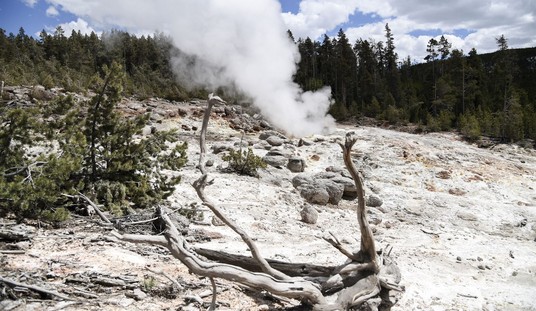
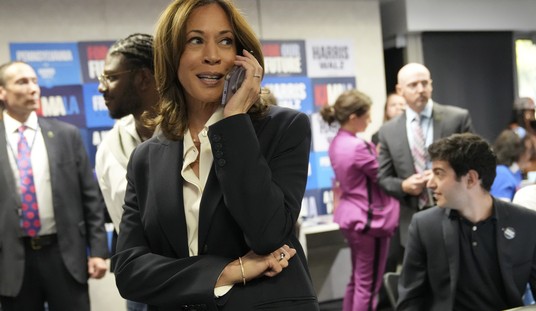

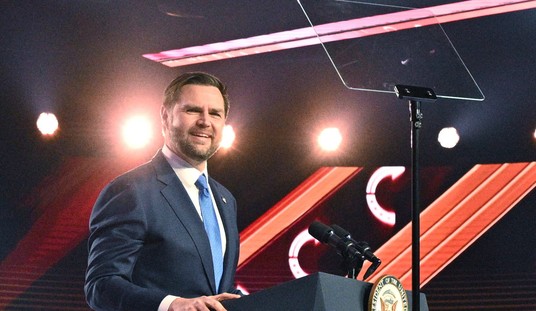


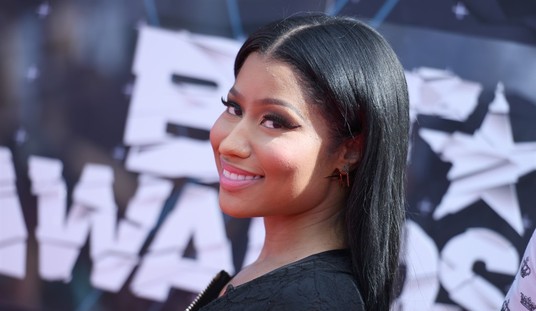

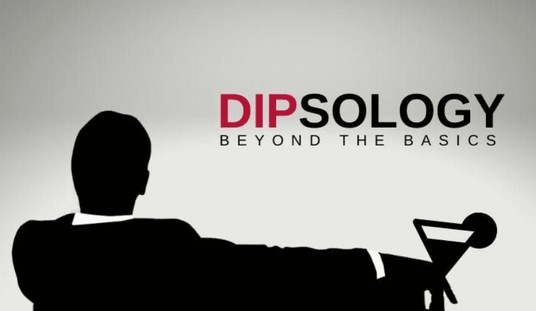
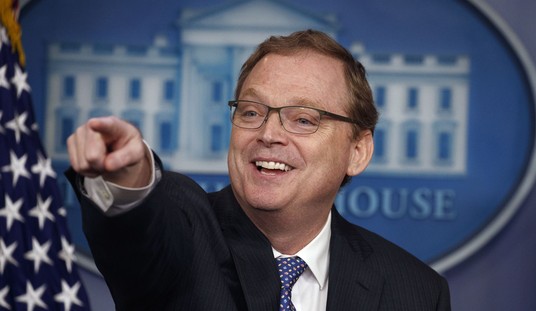


Join the conversation as a VIP Member